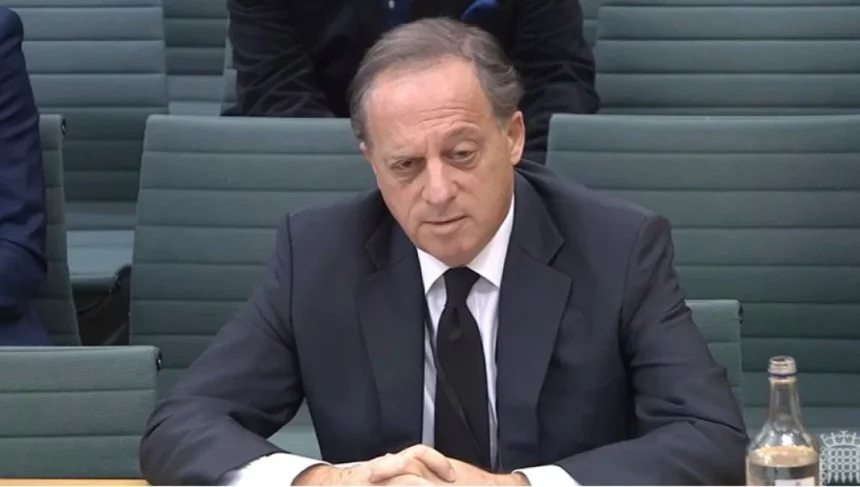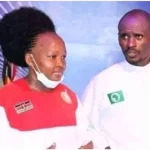The embattled chairman of the British Broadcasting Corporation (BBC), Richard Sharp, resigned on Friday after a report found he failed to disclose his involvement in facilitating a loan of almost $1 million (around Ksh.136.1 million) to former British Prime Minister Boris Johnson.
Sharp claimed the breach was “inadvertent and not material,” but said he was resigning to “prioritise the interests of the BBC.”
He had previously denied involvement in the arrangement, or the existence of a conflict of interest as the loan happened before his appointment as head of the public broadcaster.
Adam Heppinstall’s report however found Sharp “failed to disclose potential perceived conflicts of interest” to the cross-party panel of MPs which advised ministers on who to appoint.
“There may well have been a risk of a perception that Mr Sharp would not be independent from the former Prime Minister, if appointed,” the report said.
“Both these non-disclosures caused a breach of the Governance Code because the Panel was unable at the time to advise Ministers on these matters.”
The former banker had been under pressure to resign after it was reported he acted as a middleman when Johnson was looking to secure the loan, weeks before the then-PM appointed Sharp to his post in 2021.
Sharp told lawmakers in February he “didn’t arrange the loan,” suggesting he acted as a “sort of introduction agency.”
The BBC, funded by a £159 (around Ksh.26,979) license fee paid annually by every household that owns a television or watches streaming content, has been embroiled in controversy this year after it suspended its star football presenter Gary Lineker for criticizing the government’s migration policy.
Lineker had likened a controversial new law aimed at blocking undocumented migrants from entering the country on small vessels, and its loaded “Stop the Boats” slogan, to language used in 1930s Germany – a comparison that drew an angry backlash from parts of Britain’s right-wing media and several lawmakers in its ruling Conservative Party.
The former England soccer captain was later reinstated after his fellow presenters refused to go on air without him, and the corporation announced a review into what freelancers outside of its news arm (such as Lineker) can and cannot say on social media.



